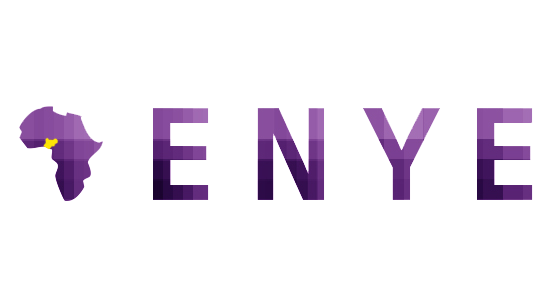Why You Should Hire Remote Nigerian Programmers

Why You Should Hire Remote Nigerian Programmers
Distributed teams are disrupting tech globally, and why not?
Even before freelancing became popular, people were already tired of working in dank cubicles from 9 a.m. to 5 p.m. every day. The way we work is changing. More emphasis is now placed on flexibility. All over the world, executives are now embracing the idea of remote working and distributed teams.
In Nigeria, however, the business scape has not particularly caught on.
This presents an opportunity for foreign companies. While the distributed work model will simply not fly in some industries, many companies in Lagos still mandate prospective employees to relocate to Lagos to start jobs that they could have done from the comfort of a coffee shop in Uyo.
It is not uncommon for professionals like digital marketers, software engineers, and content strategists to spend long hours in notorious traffic zombie-ing to and from their office buildings every weekday.
The result, expectedly, is reduced productivity.

The explosion in the number of tech hubs in Nigeria which also serve as co-working spaces for remote and distributed teams, prove how much Nigerian programmers and digital marketing experts prefer remote/distributed working: In 2016, Nigeria had only 23 tech hubs, by 2018, that number quadrupled, rising to 90 tech hubs. More tech hubs have opened since then.
Victor Asemota, Continent Lead/Manager – Africa at Interaction Design Foundation (IDF), wrote on Guardian NG in 2017, “Telecommuting and remote working are no longer the exception but the rule for high growth technology companies.”
So what makes hiring remote Nigerian programmers basis so efficient?
The most obvious benefits of distributed working with Nigerian programmers are those of time and money-saving. Companies don’t have to pay so much rent for large office spaces in central working areas. They can also hire top quality software engineers for comparatively lower rates than if they were to hire locally. Also, the programmers don’t have to waste time commuting to the office to get to work.
For companies that choose to hire remote Nigerian programmers, it is a win-win.
Distributed teams can also enable product developers to reach the market faster. Kuty Shalev wrote on Entrepreneur, “Outsourcing product development saves time and money in that it’s not necessary to hire, train and onboard employees. Teams already exist with processes in place that can get a product ready to go to market much more quickly, which often leads to a greater ROI, providing financial benefits on both ends of the development spectrum.”

So, what kinds of businesses will benefit from distributed teams?
1. Startups looking to hire quickly
Startups that need to scale quickly must consider distributed working, especially startups which have recently received funding or suddenly experienced a sudden increase in demand for their products. Most Nigerians don’t much like the idea of moving just to secure a job. It can be very expensive for ideal candidates to relocate and adapt to their new city (in most cases, Lagos) meanwhile the startup may lose ground. Also, new startups and startups launching new products will benefit from setting up distributed teams ready to launch quickly.
2. Teams with skill gaps
Some startups with very specific technical needs will benefit from distributed teams. “Going distributed” can easily help startups quickly and easily engage experts online and seamlessly close any skill gaps on the incumbent team.
3. Companies that need to scale quickly when needs expand
One of the greatest advantages of distributed teams is the ability to quickly adjust as needs change. Trying to do this while hiring locally is stressful, whereas distributed teams are flexible, and companies can expand or contract easily.
4. Companies that benefit from diverse creative approaches
Having a distributed team allows startups to pull in the latest design trends from around the country. Sometimes, diversity can be a decisive factor. Having a Nigerian-based designer, for example, may help add a quirk to the product which can that improve user engagement. Different people in distinct locations leveraging technology in different ways to complete the same tasks can be a big “W” in Twitter-speak.

There is a wealth of talent in the Nigerian tech space; it is not the heart of tech in Africa for no reason. If you hire remote Nigerian programmers and distributed teams, you will give your business more creative freedom, move your products much faster and more conveniently, and save lots of money.
“The next century’s worker can build another billion-dollar company just as Mark Zuckerberg did from his dorm room,” Asemota wrote. “We now have them in abundance in Nigeria and Africa.”
The work atmosphere is evolving at supersonic speed. More and more companies are tapping into the high-quality talent pool in tech Nigeria. Don’t be left out. At Enye, we train and mentor Nigerian programmers to international standards with a distributed-first approach, reinforcing a culture focused on communication and accountability. Our alumni have gone on to work remotely with brands like IBM, Tribl, Food4All, SumoSoft, and JoyUp.
Looking to hire remote Nigerian programmers to scale your business faster?
If you’re ready to tap into the immense benefits of distributed working or you would like to know more about our Engineering and Founders programs, please download our partnership value proposition and reach out to us.


